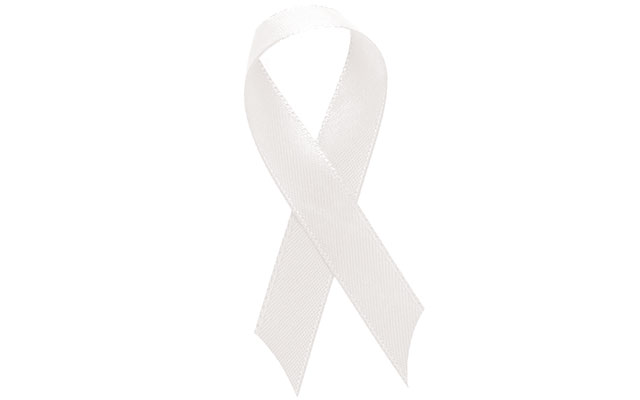I had breakfast last week with A.D., an old friend whom I hadn’t seen since he’d been diagnosed with esophageal cancer, a few weeks earlier. He’s in his early 70s and has never been the healthiest guy on the block, so I was surprised to find him looking better than I’d ever seen him before. He’d lost 20-some pounds, mostly from around his once-ample gut, and he was bright-eyed and upbeat.
We ordered our breakfasts (an egg and hash browns for me; oatmeal for him) and he described all the ways in which he’d been persuaded to alter his behavior since the big “C” descended upon him. The tumor in his esophagus requires that he choose his meals carefully and eat them more mindfully. (If he doesn’t chew his food enough, it simply doesn’t go down.) As a result, he’s finding that he doesn’t eat as much as before — his brain gets the message that he’s full way before he’s stuffed himself. Plus, he’s discovering how his diet affects his energy levels and immune response. Cancer has a way of magnifying things that once seemed unimportant, I guess.
It’s still early in his treatment, but he’s cranked through radiation and chemo sessions without a hitch, he told me. The technicians with the radiation guns have learned how to target the tumor very accurately, leaving the surrounding tissue alone. He’s had no hair loss or nausea, his appetite’s been good. The whole experience, he admitted with some degree of wonder, has been pretty positive.
This is good news, on a couple of levels.
First, I’m glad to see that my old pal is navigating the rocky shoals of cancer treatment without running aground. Second, it’s always good to encounter challenges to your worldview.
As regular visitors to these pages know, I’m fairly skeptical of conventional medicine. So much so that I can’t really imagine myself bowing to the kind of treatment my friend A.D. is currently undergoing. But he’s a smart guy, and he’s done all the research you’d expect a seasoned journalist would do when confronted with a disease that threatens to close the book on his life. And he found a clinic and a surgeon and a nutritionist who together have (so far) guided him through the cancer maze with the kind of holistic wisdom I’d long ago assumed had disappeared among Western practitioners.
This gives me hope, frankly, that all is not lost — not just for A.D., but for the American healthcare paradigm. Then, yesterday, My Lovely Wife received a letter from our local clinic reminding her that she was “due” for her annual mammogram and pap smear. “It’s like I’m a library book, or something,” she barked, as she stuffed the correspondence into the recycling bin. Needless to say, MLW does not participate in such things. Later, I happened to stumble upon new research on prostate cancer screening — one study from Yale University, one from a research institute in Lyon, France — once again affirming the danger of PSA tests. The upshot, according to the French study: “All available evidence suggests that PSA testing for prostate cancer should not be routinely recommended for asymptomatic men.”
So it’s a mixed bag. For every isolated example of hopeful medical progress, I see a couple of reasons why I should remain skeptical. I hope A.D. will recover fully, and it seems at this point that he’s well on his way, but if and when the big “C” descends into my life, I can’t imagine following his path.



This Post Has 0 Comments